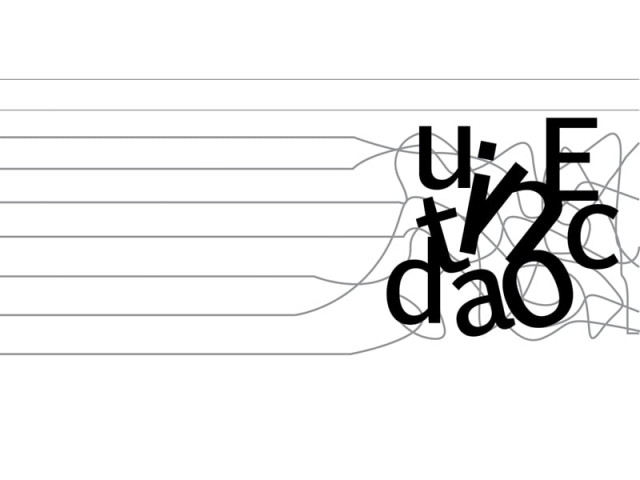Private schools fail to standardise curriculum
Cost of education rises as educational institutes frequently change textbooks.

Private school owners claim they need to have a curriculum different from other schools in order to attract parents. DESIGN: ANAM HALEEM
Even though the previous Khyber-Pakhtunkhwa (K-P) government had directed all private schools to follow a standardised curriculum, they continue to follow varying syllabi, forcing booksellers and students to purchase different textbooks every year.
The 18th Amendment granted authority to provincial governments to form their own curriculum, but private schools in K-P have followed a separate track throughout. Whether these schools include Pashto language studies in their curriculum as per the directives also varies from one educational institute to another.
When government schools begin their academic session in April, the government provides free books to schools. However, those enrolled in private schools have difficulty in purchasing books because their curriculum keeps changing every year.

Sher Khan, a bookseller in Shabqadar told The Express Tribune “There are dozens of private schools and each has its own requirement of various books which becomes a hassle for us to arrange from publishers.”
Khan added that now he prefers keeping notebooks because with textbooks there is an issue of students purchasing them and then wanting to return them because schools do not accept the books or change the course altogether.
Huraira and Saad, students of grades 5 and 6, respectively, said even though they are siblings they cannot share books as the course changes. This increases cost of schooling because new books have to be purchased every year.

Private school owners claim they need to have a curriculum different from other schools in order to attract parents.
Aftab Ahmad, a school principal, informed that schools in K-P and the other provinces have no curriculum committee to chalk out a syllabus, adding that even the government does not play a significant role in this regard.
“Unfortunately, our institutions have failed to implement their policies in the education sector which is why we are lagging behind and have not been able to bridge the class divide which is mostly caused by varying standards of education in society,” said Inam Khan, an educationist.
Published in The Express Tribune, April 9th, 2013.













COMMENTS
Comments are moderated and generally will be posted if they are on-topic and not abusive.
For more information, please see our Comments FAQ